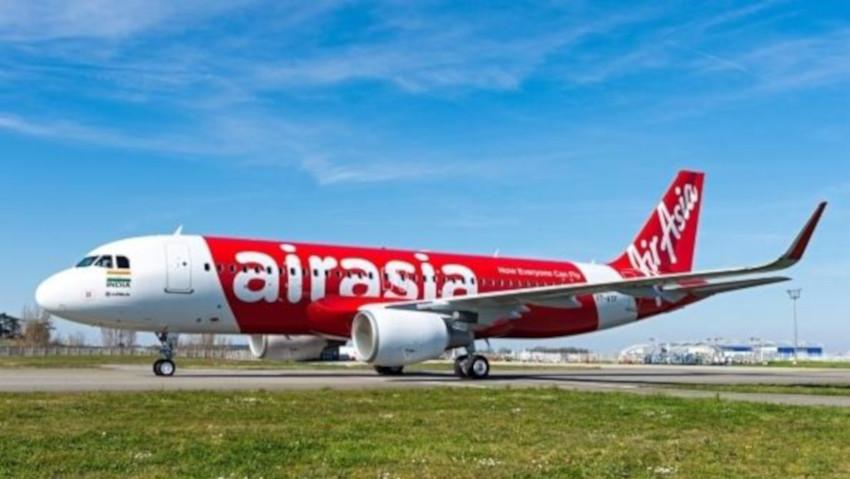
The COVID-19 pandemic is likely to accelerate the trend in the Asia-Pacific airline industry of maintenance outsourcing, according to some senior airline executives. While the pandemic highlighted both advantages and disadvantages of outsourcing maintenance, carriers will be increasingly likely to...
Subscription Required
This content requires a subscription to one of the Aviation Week Intelligence Network (AWIN) bundles.
Schedule a demo today to find out how you can access this content and similar content related to your area of the global aviation industry.
Already an AWIN subscriber? Login
Did you know? Aviation Week has won top honors multiple times in the Jesse H. Neal National Business Journalism Awards, the business-to-business media equivalent of the Pulitzer Prizes.





